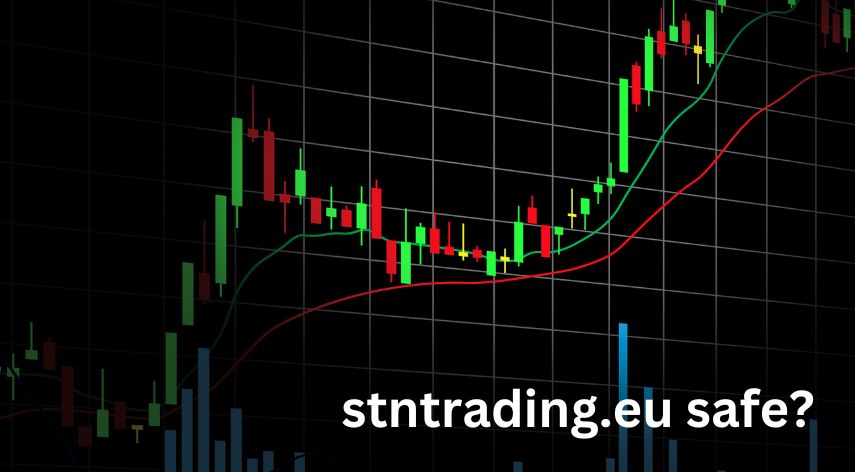5 Reasons To Open A Fixed Deposit Today

What is a fixed deposit?
Fixed deposit is the best manner to grow your savings with security. It enables you to deposit a sum of money with your providers. You can choose a tenure at your convenience. Moreover, once you invest, the amount deposited at a specific interest rate stays unaffected even if there are any changes or fluctuations in the market.
Generally, Fixed deposits are of two types: cumulative and non-cumulative fixed deposits. A cumulative fixed deposit account is an investment that will receive the investment amount and interest once it reaches maturity. Therefore, it will accumulate your wealth and provide you with a higher corpus on maturity for cumulative fixed deposits.
Whereas with a non-cumulative fixed deposit, you tend to get an interest payout option. You can select the interest payout option depending on your financial requirements and needs. The interest payout option you select should be monthly, quarterly, half-yearly, or annually.
When you are investing in a fixed deposit, you tend to get guaranteed returns. However, you will not be able to withdraw the amount deposited before maturity. In case you still do, you will have to pay a sum of money as a penalty.
When you take a balanced diet, you need to intake the right proportion of carbohydrates, proteins and fibre. Likewise, the right proportion in high-growth and risk-free instruments is needed to have a balanced finance portfolio.
When it comes to an investment portfolio, the stocks market and mutual funds have a high-return instrument. Still, the risk level is also extremely high. However, the financial institutions Fixed Deposits (FDs) are low-risk instruments.
And, not only are FDs safe to park your funds, but they also offer a decent interest on the deposit. However, there are other reasons as well that make FDs an attractive investment option. Let’s explore these.
FD interest rates trump regular savings accounts: Most investors are now worried about the possible interest rate reductions for FDs, as the RBI has been slashing up rates since the beginning of this year.
However, on the other hand, the government is also paying heed to the pleading of banks to bring down the rates of small savings schemes such as post-office savings. The stability in the overall deposit rates could mean that FDs will remain stable with any debt instruments.
There are currently, on average, financial institutions that offer interest rates ranging between 8% and 9% for FDs as against 4% to 5% for savings accounts. The return on the FDs is about double that of savings accounts – making an FD more attractive to park your money in than a savings account.
The interest is compounded quarterly: Some of the fixed maturity mutual funds or bonds tend to offer similar kinds of return, or even slightly higher. But if you compare these over a long period, you will notice that FDs provide a better return. It is because the interest is calculated and compounded quarterly.
The interest earned is added with the main principle every three months, and the interest is calculated based on the principle. For example, if Rs 1,00,000 is deposited with a financial institution that offers an 8.5% interest rate for ten years. It is supposed to generate Rs. 85,000. However, it is also compounded quarterly as it yields Rs 1,31,890. After the compounding and the annualised yield becomes 13.18% – far above any other instrument.
FDs can be broken anytime: When it comes to liquidity, it is an essential factor for any investment. How instantly can you encash your investment? An FDs can be broken at any point in time – within a one day’s notice. The financial institutions may also deduct around 1% interest in case the FD is broken prematurely. However, this easy liquidity option is unavailable with most other investment instruments, not even post-office savings.
Most of the mutual funds and equity-linked insurances have a lock-in period of 3 to 5 years. Though the money can be withdrawn any time from the equity market, the chances are you may book a loss from a profitable deal purely because of bad timing.
Tax relief: The interest that is earned on fixed deposits is considered as a taxable income. However, if you submit the Form 15G in April, the bank will not deduct tax.
But, if you do not fall under any tax bracket, you do not need to do anything further. And, if your income is taxable, you must file a tax return in the future and mention this.
The tax-free FDs are also available by making them a popular tax-saving option. The interest rates of those FDs are a bit lower when compared to regular FDs, and they come with a lock-in period of five years.
No brokerage: When you consider any investment – in every investment instrument, it is associated with a brokerage, agent’s commission or, at the very least, maintenance costs. Even when it comes to post-office investments, it is not excluded from such commissions.
You will also have to pay brokerages, security transaction costs and depositary maintenance charges if you invest in the stock market and mutual funds. There are no such charges required in financial institution FDs, especially in no-frill accounts of public sector banks. If all of these investment servicing hidden costs are considered, the bank FDs are the most economical instruments.
All of these make an FD a must-have in your portfolio. Most financial providers will offer services through online financial institutions and mobile financial institutions. And, now you can simply open and monitor your FDs from your mobile phone or a computer.
Conclusion: When you are investing in a Fixed deposit is risk-free and has guaranteed returns. As a result, you can quickly get higher interest rates and attractive returns on your investments along with the highest security.
Alfred Williams, a distinguished business writer, navigates the corporate landscape with finesse. His articles offer invaluable insights into the dynamic world of business. Alfred's expertise shines, providing readers with a trustworthy guide through the complexities of modern commerce.
Recommended For You
Spread the loveIn the ever-expanding digital landscape, online trading platforms have become a staple for savvy consumers looking to explore
Spread the loveDo you find tax season overwhelming? You’re not alone. But don’t worry; our article on tax checklist essentials has you
Spread the loveNavigating the world of document signing and validation can be perplexing. This is especially true when it comes



